Your Guide to Safe Gastric Sleeve Surgery in Mexico
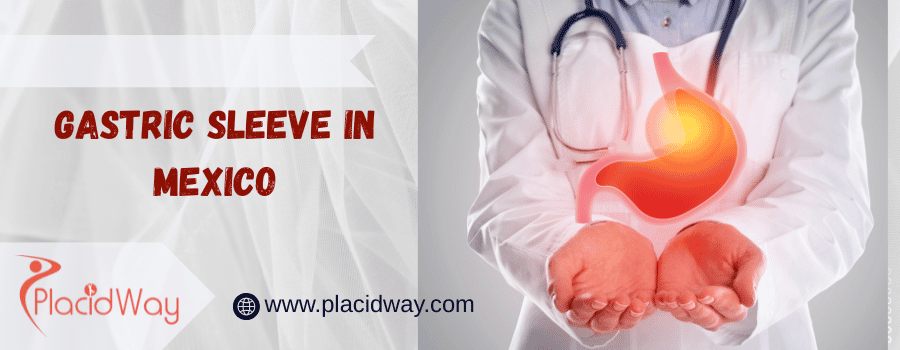
Undergoing gastric sleeve surgery in Mexico is a very popular option for individuals seeking significant weight loss due to its affordability compared to procedures in the United States and Canada. However, the question of safety is paramount and requires careful consideration.
While the cost savings are a major draw, it's crucial to understand that safety can vary significantly between clinics. The perception of risk often stems from stories about unregulated or low-quality facilities. However, Mexico also boasts world-class hospitals and highly skilled bariatric surgeons who perform thousands of successful procedures annually, attracting patients globally.
What are the general safety standards for gastric sleeve surgery in Mexico?
"The general safety standards for gastric sleeve surgery in Mexico at reputable clinics are often comparable to those in the US or Canada, with top facilities using advanced technology and adhering to international protocols for patient care and hygiene."
Many leading bariatric centers in Mexico that cater to international patients invest heavily in modern equipment, state-of-the-art operating rooms, and highly trained medical staff. They understand that patient safety is key to their success in the medical tourism industry. These clinics often pride themselves on:
- Accreditation: While fewer Mexican hospitals have Joint Commission International (JCI) accreditation (a gold standard for global healthcare quality) compared to US hospitals, some do, and many others pursue local accreditations and internal quality controls that mirror international guidelines.
- Surgeon Credentials: Reputable clinics employ bariatric surgeons who are board-certified by Mexican medical boards and often have additional training or fellowships in bariatric surgery. Many are members of international bariatric associations.
- Modern Facilities: The best centers offer well-equipped operating theaters, intensive care units (ICUs), and recovery rooms.
- Sterilization Protocols: Strict adherence to sterilization and infection control protocols is a hallmark of safe clinics, using autoclaves for instruments and disposable materials where appropriate.
It's important to distinguish between these high-standard facilities and unregulated "budget" operations, which may not uphold the same safety measures.
How do gastric sleeve complication rates in Mexico compare to the US?
"While overall statistics are harder to obtain due to varying reporting standards, reputable bariatric centers in Mexico often report gastric sleeve complication rates comparable to well-regarded centers in the US, with some clinics citing leak rates as low as 0.03% and overall complication rates under 1%."
Official comprehensive national data for complication rates in Mexico is not as centralized or widely reported as in the US. However, many individual high-volume Mexican bariatric centers publish their own impressive outcomes. For context:
- US Statistics: In the US, the mortality rate for bariatric surgery (including gastric sleeve) is generally under 0.1% (1 in 1,000 cases), and serious complication rates (like leaks or blood clots) are typically under 4%.
- Mexican Clinic Data: Some top Mexican centers report complication rates, including leaks, that are on par with or even lower than the US averages. For example, some specialized bariatric centers in Mexico report gastric sleeve leak rates as low as 0.03% to 0.08% and overall complication rates below 0.5%.
It's crucial to evaluate specific clinic data rather than generalized statistics, as variations in surgeon experience, patient selection, and follow-up care can significantly impact outcomes. Always ask prospective clinics for their specific complication rates and patient outcomes.
What specific risks are associated with getting a gastric sleeve in Mexico?
"The specific risks associated with getting a gastric sleeve in Mexico are similar to those anywhere, but are amplified by factors like lack of stringent regulation in some clinics, potential communication barriers, and challenges with post-operative follow-up care upon returning home."
Beyond the inherent surgical risks (bleeding, infection, anesthesia complications, staple line leak), which are present for any gastric sleeve surgery globally, unique considerations in Mexico include:
- Varying Regulatory Standards: Not all clinics in Mexico are regulated to the same strict standards as in the US. This can mean differences in facility accreditation, surgeon credentialing verification, and emergency preparedness.
- Communication Barriers: While many surgeons and patient coordinators in Mexico speak English, other medical staff might not. Miscommunication regarding pre-operative instructions, post-operative care, or symptoms of complications can be dangerous.
- Lack of Continuity of Care: Long-term follow-up and nutritional support are crucial for sustained weight loss after gastric sleeve. Patients returning home may struggle to find local healthcare providers willing or equipped to manage post-surgical care from a foreign surgery.
- Difficulty with Legal Recourse: If a complication or medical malpractice occurs, seeking legal recourse in a foreign country can be complex, expensive, and difficult.
- Counterfeit/Expired Medications: While less common at reputable hospitals, there's a risk of receiving unverified or improperly stored medications outside of highly regulated facilities.
- Managing Complications at Home: If a serious complication arises after returning to your home country, your local hospital or insurance may not cover the costs of emergency treatment for a foreign-performed surgery, leading to substantial out-of-pocket expenses.
Thorough vetting of the clinic and surgeon, along with a clear plan for post-operative care, are essential to mitigate these amplified risks.
How can I verify the safety and reputation of a gastric sleeve clinic in Mexico?
"To verify the safety and reputation of a gastric sleeve clinic in Mexico, you should look for board-certified bariatric surgeons, international accreditations (like JCI), transparent complication rates, extensive patient testimonials, and clear post-operative care plans."
Due diligence is crucial when considering gastric sleeve surgery abroad. Here's how to verify a clinic's safety and reputation:
- Surgeon Credentials: Ensure the surgeon is board-certified in bariatric surgery by a recognized Mexican medical board. Look for membership in international bariatric associations (e.g., American Society for Metabolic and Bariatric Surgery - ASMBS, though not directly applicable for certification outside the US, it indicates adherence to standards).
- Clinic Accreditations: Prioritize clinics that are accredited by the Joint Commission International (JCI) or other recognized international healthcare quality organizations. If JCI isn't present, inquire about local accreditations and internal quality assurance programs.
- Experience and Volume: Ask how many gastric sleeve procedures the surgeon and clinic perform annually. High-volume centers often have more experience and refined protocols.
- Complication Rates: Request the clinic's specific complication rates, especially for leaks, bleeding, and infections. Compare these to published international benchmarks.
- Patient Reviews and Testimonials: Look for consistent positive reviews on independent platforms (Google Reviews, Facebook, specialized medical tourism forums). Be wary of clinics with only generic or suspiciously perfect reviews.
- Facility Tour/Photos: Ask for photos or virtual tours of the operating rooms, recovery areas, and patient rooms to assess cleanliness and modernity.
- Comprehensive Packages: Reputable clinics often offer packages that include pre-op tests, hospital stay, surgeon and anesthesia fees, medications, and at least initial post-op follow-up. Be wary of extremely low prices that might exclude critical components.
- Post-Operative Care Plan: A safe clinic will have a clear plan for your immediate recovery and provide guidance for long-term follow-up, including nutrition and support groups. Inquire if they have partnerships with providers in your home country for follow-up.
- Communication: Evaluate their responsiveness and clarity during your inquiries. Good communication indicates a professional and patient-centered approach.
What is the role of post-operative care and follow-up in the safety of gastric sleeve?
"Robust post-operative care and long-term follow-up are critical for the safety and success of gastric sleeve surgery, helping manage complications, ensure proper nutrition, and support sustained weight loss, regardless of where the surgery is performed."
The surgery itself is just the first step in a lifelong journey. Effective post-operative care helps prevent and manage complications, while long-term follow-up is essential for:
- Monitoring Recovery: Ensuring the surgical site heals properly and identifying early signs of complications like leaks, infections, or strictures.
- Nutritional Guidance: Bariatric patients require strict dietary changes and often vitamin/mineral supplementation. Ongoing guidance from a registered dietitian is crucial to prevent deficiencies and optimize weight loss.
- Behavioral Support: Addressing emotional eating, stress, and lifestyle changes is vital for long-term success. Support groups or psychological counseling can be invaluable.
- Weight Loss Tracking: Monitoring weight loss and making adjustments to the plan as needed.
- Addressing Complications: Prompt identification and treatment of any long-term complications, such as reflux, vitamin deficiencies, or gallstones.
A significant challenge for patients undergoing surgery abroad can be securing this ongoing, integrated follow-up care in their home country. While Mexican clinics provide immediate post-op care, patients must have a plan for long-term support upon their return.
Are Mexican bariatric surgeons board-certified for gastric sleeve procedures?
"Yes, many Mexican bariatric surgeons are board-certified by the Mexican Council of General Surgery (CMCG) and/or specialized bariatric surgery boards, indicating they have undergone rigorous training and passed examinations specific to weight loss procedures like the gastric sleeve."
Just like in the US or Canada, reputable surgeons in Mexico achieve board certification after extensive medical education, residency training, and passing comprehensive exams in their specialty. For bariatric surgery, this often means certification in general surgery with additional specialized training or certification in bariatric/metabolic surgery.
When researching a clinic, always ask for the surgeon's specific board certifications and verify them. Many top bariatric surgeons in Mexico also hold memberships in prestigious international organizations, further demonstrating their commitment to high standards and ongoing education in the field. This credentialing helps ensure that the surgeon has the necessary expertise and skill to perform the complex gastric sleeve procedure safely and effectively.
What types of facilities are used for gastric sleeve surgery in Mexico?
"Reputable clinics offering gastric sleeve surgery in Mexico utilize modern, private hospitals or dedicated surgical centers equipped with advanced operating rooms, recovery areas, and often intensive care units (ICUs) for patient safety."
The quality of facilities in Mexico can range widely, but top-tier medical tourism providers operate out of well-equipped environments designed for complex surgeries:
- Private Hospitals: Many bariatric surgeries are performed in modern, private hospitals that offer amenities similar to those found in US or Canadian hospitals, including multiple operating theaters, advanced imaging, labs, and 24/7 nursing care.
- Specialized Bariatric Centers: Some clinics have their own dedicated surgical centers specifically designed for weight loss procedures, focusing solely on bariatric patient needs.
- Accredited Operating Rooms: Ensuring the operating room itself meets strict sterilization and equipment standards is crucial.
- Recovery Areas: Dedicated post-anesthesia care units (PACUs) and comfortable recovery rooms are standard in quality facilities.
- Intensive Care Units (ICUs): Access to an ICU, even if rarely needed, is an important safety net for managing any unexpected severe complications.
Always inquire about the facility where your surgery will take place, its accreditations, and its emergency preparedness.
What are the risks of ignoring pre-operative instructions from a Mexican surgeon?
"Ignoring pre-operative instructions from a Mexican surgeon for gastric sleeve surgery significantly increases the risks of complications, including inadequate surgical conditions, anesthesia complications, and poor post-operative outcomes."
Pre-operative instructions, such as dietary restrictions (e.g., a liquid diet), medication adjustments, and smoking cessation, are not merely suggestions; they are critical steps designed to optimize your health for surgery and minimize risks. Ignoring them can lead to:
- Increased Liver Size: The pre-op liquid diet is often crucial for shrinking the liver, which can make the surgical field clearer and safer. Failure to follow this can make the surgery more difficult or even necessitate cancellation.
- Anesthesia Complications: Not following fasting instructions can lead to aspiration (inhaling stomach contents into the lungs) during anesthesia, a life-threatening complication.
- Bleeding Risk: Not stopping certain medications (like blood thinners) can lead to excessive bleeding during or after surgery.
- Poor Healing: Smoking significantly impairs wound healing and increases the risk of infection and leaks.
- Surgical Difficulty: If the body isn't properly prepared, the surgeon might face unexpected challenges, increasing the risk of errors or complications.
A reputable Mexican clinic will emphasize the importance of these instructions and may even reschedule or cancel your surgery if they are not followed, prioritizing your safety above all else.
How does Mexico's proximity impact the safety and appeal of gastric sleeve?
"Mexico's close proximity to the United States and Canada significantly impacts the safety and appeal of gastric sleeve surgery by making travel convenient, reducing logistical burdens, and facilitating quicker access for those seeking affordable care."
The geographical advantage of Mexico, particularly its border cities like Tijuana, makes it uniquely accessible for North American patients. This proximity contributes to safety and appeal in several ways:
- Easier Travel: Short flights or even driving distance from many US states means less travel fatigue, which is beneficial before and after surgery.
- Reduced Stress: Lower travel times and complexities reduce the overall stress associated with medical travel.
- Accessibility for Emergency Care: While not ideal, proximity can theoretically make it easier to return to a US hospital if a severe complication arises, though financial coverage remains a significant concern.
- Logistical Support: Many clinics offer seamless transportation services, including airport pickups and border crossings, making the journey smoother and safer.
- Familiarity: For many border residents, crossing into Mexico is a routine activity, reducing the perceived foreignness and increasing comfort levels.
This convenience, combined with the cost savings, makes Mexico a practical choice for many individuals seeking bariatric surgery.
What support is typically available after gastric sleeve surgery in Mexico?
"After gastric sleeve surgery in Mexico, reputable clinics typically provide immediate post-operative care including hospital stay, pain management, and nursing support, along with initial dietary guidance and communication channels for questions after returning home."
While comprehensive, long-term follow-up can be a challenge after returning to your home country, the immediate support provided by Mexican clinics is generally robust:
- Hospital Stay: You will typically stay in the hospital for 1-3 nights, where nurses will monitor your recovery, vital signs, and pain levels.
- Pain Management: You will receive medication to manage post-surgical pain and discomfort.
- Initial Dietary Instructions: The medical team will provide detailed instructions on the post-operative diet progression (clear liquids, full liquids, pureed foods, etc.) and advise on hydration.
- Medication Prescriptions: You will receive prescriptions for necessary medications, such as pain relievers, anti-nausea drugs, and proton pump inhibitors (to reduce stomach acid).
- Communication Channels: Many clinics offer dedicated WhatsApp numbers, email support, or patient portals for follow-up questions and concerns once you've returned home.
- Virtual Consultations: Some clinics provide virtual follow-up appointments with their dietitians or surgeons in the weeks and months following surgery.
However, it is crucial for patients to proactively seek and secure local support from a primary care physician, a bariatric specialist, and a registered dietitian in their home country for ongoing monitoring and guidance in the long term.
What is the role of patient selection in gastric sleeve safety?
"Careful patient selection is a vital component of gastric sleeve safety, as responsible clinics in Mexico and elsewhere thoroughly evaluate candidates to ensure they are medically suitable for surgery and committed to lifelong lifestyle changes."
A reputable bariatric program doesn't just perform surgery on anyone who asks. They have strict criteria to ensure the procedure is both safe and effective for the individual:
- BMI Requirements: Patients typically need a Body Mass Index (BMI) of 40 or higher, or a BMI of 35-39.9 with at least one obesity-related comorbidity (e.g., type 2 diabetes, high blood pressure, sleep apnea).
- Medical Evaluation: Comprehensive pre-operative medical tests (blood work, cardiac evaluations, psychological assessments) are conducted to identify any underlying health conditions that could increase surgical risk.
- Psychological Evaluation: Assessing a patient's mental readiness, understanding of the procedure, realistic expectations, and commitment to post-operative lifestyle changes is crucial.
- Commitment to Lifestyle Changes: Bariatric surgery is a tool, not a cure. Clinics look for patients who demonstrate a clear understanding of the necessary lifelong dietary and exercise modifications.
- Absence of Contraindications: Patients with certain severe health conditions (e.g., uncontrolled heart disease, active substance abuse) may not be suitable candidates.
Responsible Mexican clinics will perform these evaluations rigorously to ensure patient safety and optimize the chances of long-term success.
Ready to take control of your health and explore world-class weight loss solutions? Visit PlacidWay to discover a range of global medical tourism options and connect with trusted providers offering safe and effective gastric sleeve surgery.


.png)





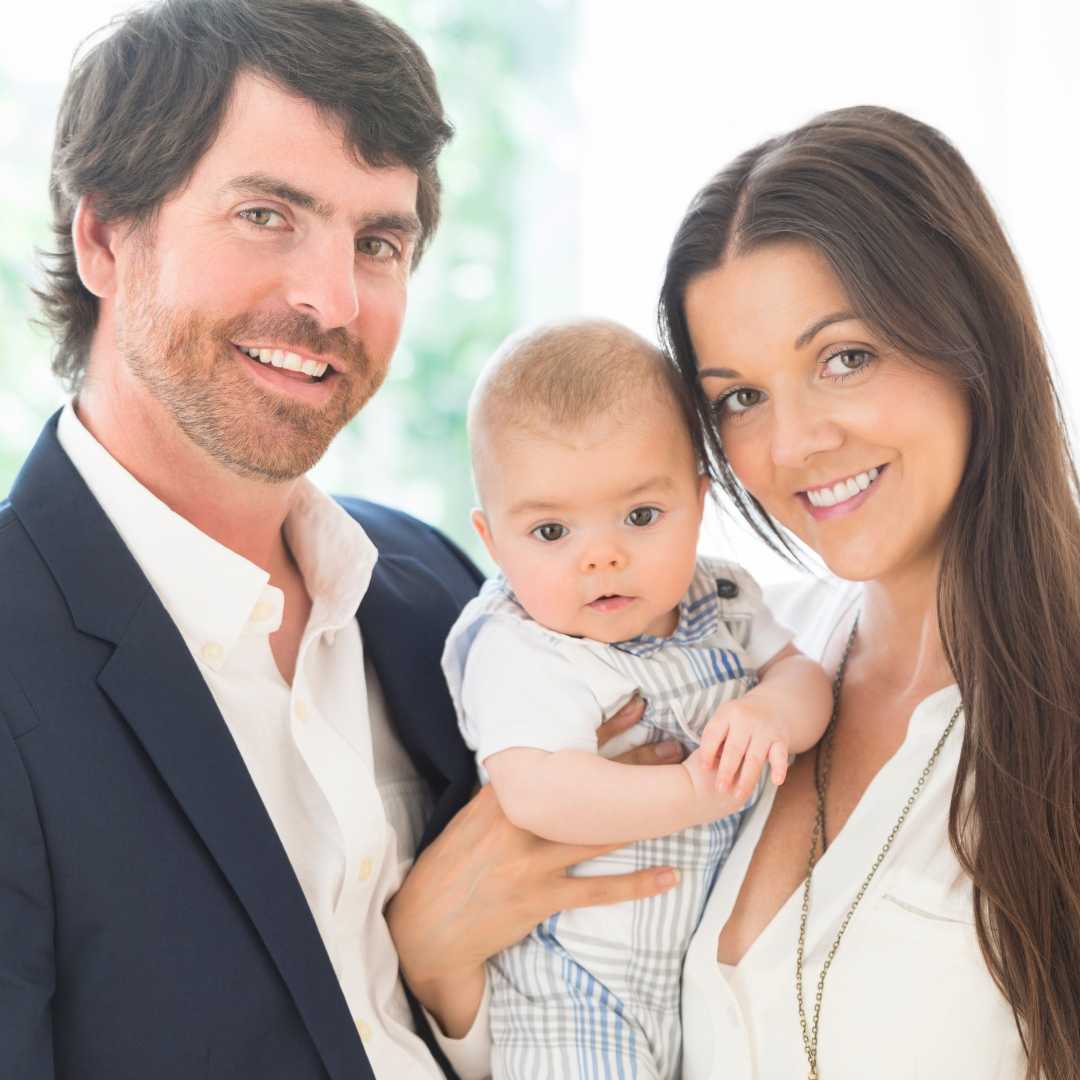


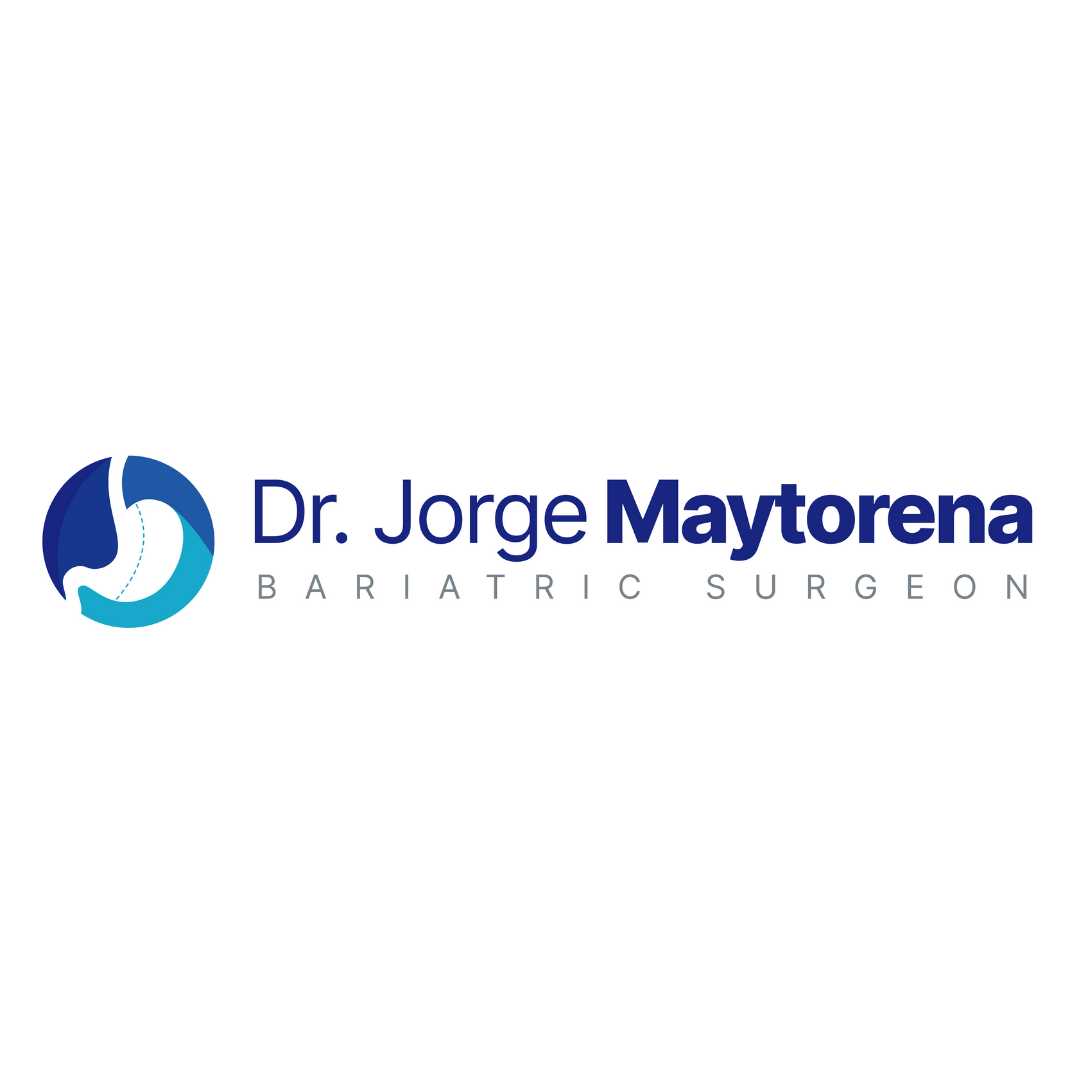

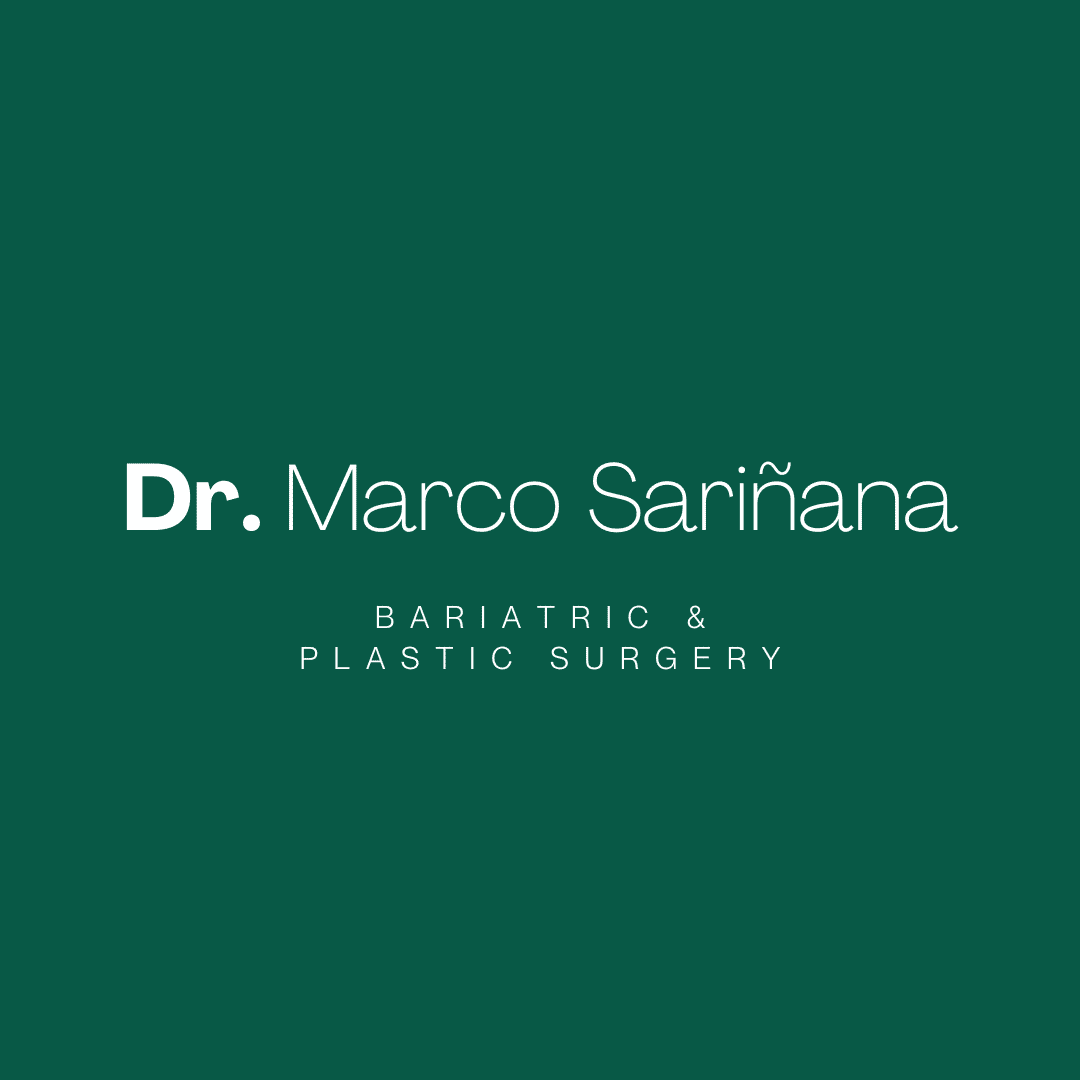

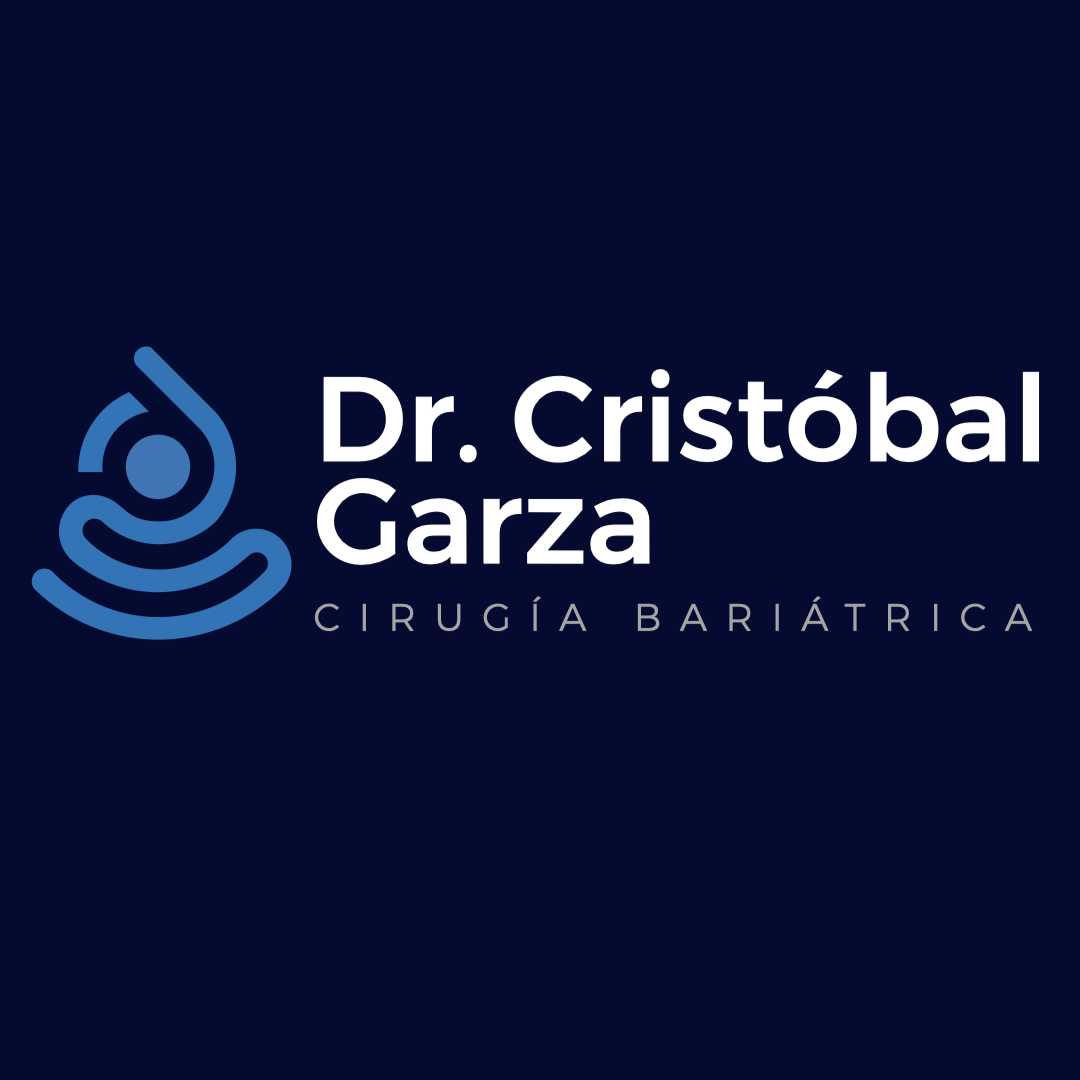

Share this listing